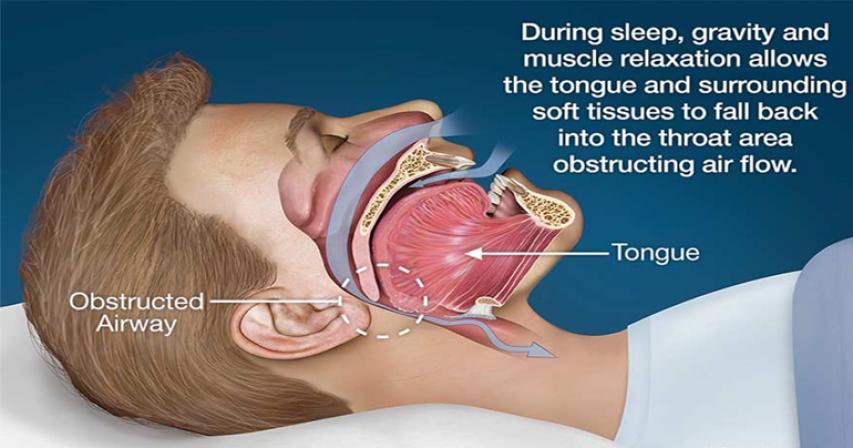Is it Snoring or Sleep Apnea?
- 5 years ago

When is snoring something serious that you need to worry about? Sleep apnea is a sleep problem that can cause a lot of health problems. So you need to know: Is it snoring or sleep apnea?
You or your partner may be looking for a quick fix to your snoring issue. We’ll get to snoring solutions in a minute. First, let’s talk about what causes snoring.
Snoring is caused by airway obstruction when you sleep. The obstruction may be the result of things like:
Snoring is often caused by your anatomy. However, it may be worsened by things like being obese or drinking a lot of alcohol.
If you only snore and don’t have sleep apnea, you have a lot of options, like these snoring remedies. Some of the most common types of remedies are snoring mouthguards. There are two main types of snoring mouthguards.
A mandibular advancement device works by bringing your lower jaw forward. That helps keep your tongue away from your airway so it’s unobstructed.
MADs can work well for a lot of people. The main downsides are that you can’t wear them with dentures and some people experience jaw pain.
If you don’t want to use a MAD, then a tongue restraining device may work well for you. A TRD holds the tip of your tongue between your front teeth. That helps prevent it from relaxing into your airway.
You can use a TRD if you have dentures, and they usually cause less discomfort than a MAD. However, you must be able to breathe through your nose to use a TRD. If you have narrow airways or chronic congestion, then a TRD may not be right for you.
Sleep apnea is a condition where you stop breathing when you sleep. This causes a lack of oxygen to your brain and body. There are 3 main types of sleep apnea:
Sleep apnea is a serious condition that can affect your health. The more often you stop breathing during the night, the more your brain wakes up to start breathing again. This results in distrubed sleep and poor sleep quality.
The lack of oxygen and reduced sleep quality can lead to problems like high blood pressure, obesity, and diabetes.
Some people are more likely to develop sleep apnea than others. Risk factors for sleep apnea may include:
How can you tell whether you have sleep apnea? Here are some of the most common symptoms of sleep apnea:
Mild obstructive sleep apnea can often be relieved with a snoring mouthpiece. Severe sleep apnea may need something more intense.
A common treatment for sleep apnea is a continuous positive airway pressure (CPAP) machine. This machine keeps your airways open at night with a continuous supply of pressurized air. You must do a sleep test to see if you have sleep apnea and how bad it is to get a CPAP.
Sleep apnea can cause a wide variety of health problems. If your partner has noticed that you stop breathing when you sleep or if snoring mouthpieces don’t help, you should see a doctor. It could be a matter of life and death.
Some complications of sleep apnea can include:
Only a sleep test done by a doctor can tell you for sure whether your snoring is caused by sleep apnea. If a snoring mouthpiece helps relieve your snoring, it’s likely you don’t have severe sleep apnea. It it doesn’t help, you should see a doctor about a potential sleep apnea diagnosis.
Comments